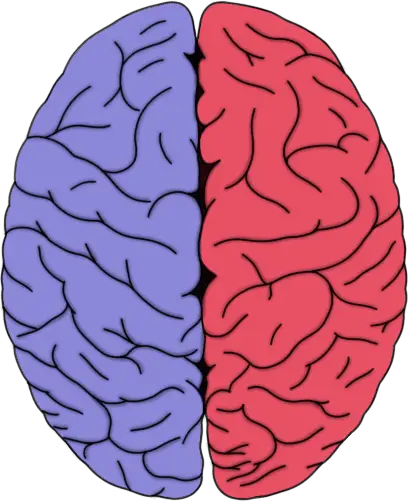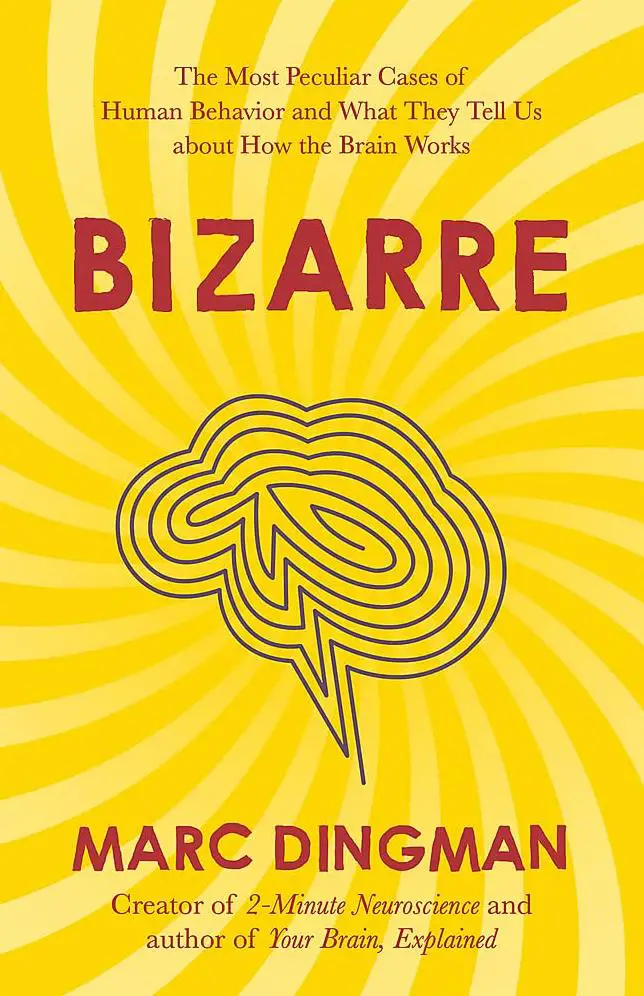Utricle - definition
part of the vestibular system, the utricle is one of the otolith organs and is specialized to detect linear accelerations of the head and head tilts in the horizontal plane.
Learn more:
General structure of the part of the utricle that detects head movements. The calcium carbonate crystals at the top of the structure are called "otoconia." When these shift in response to movement, it leads to the displacement and activation of hair cells below.


